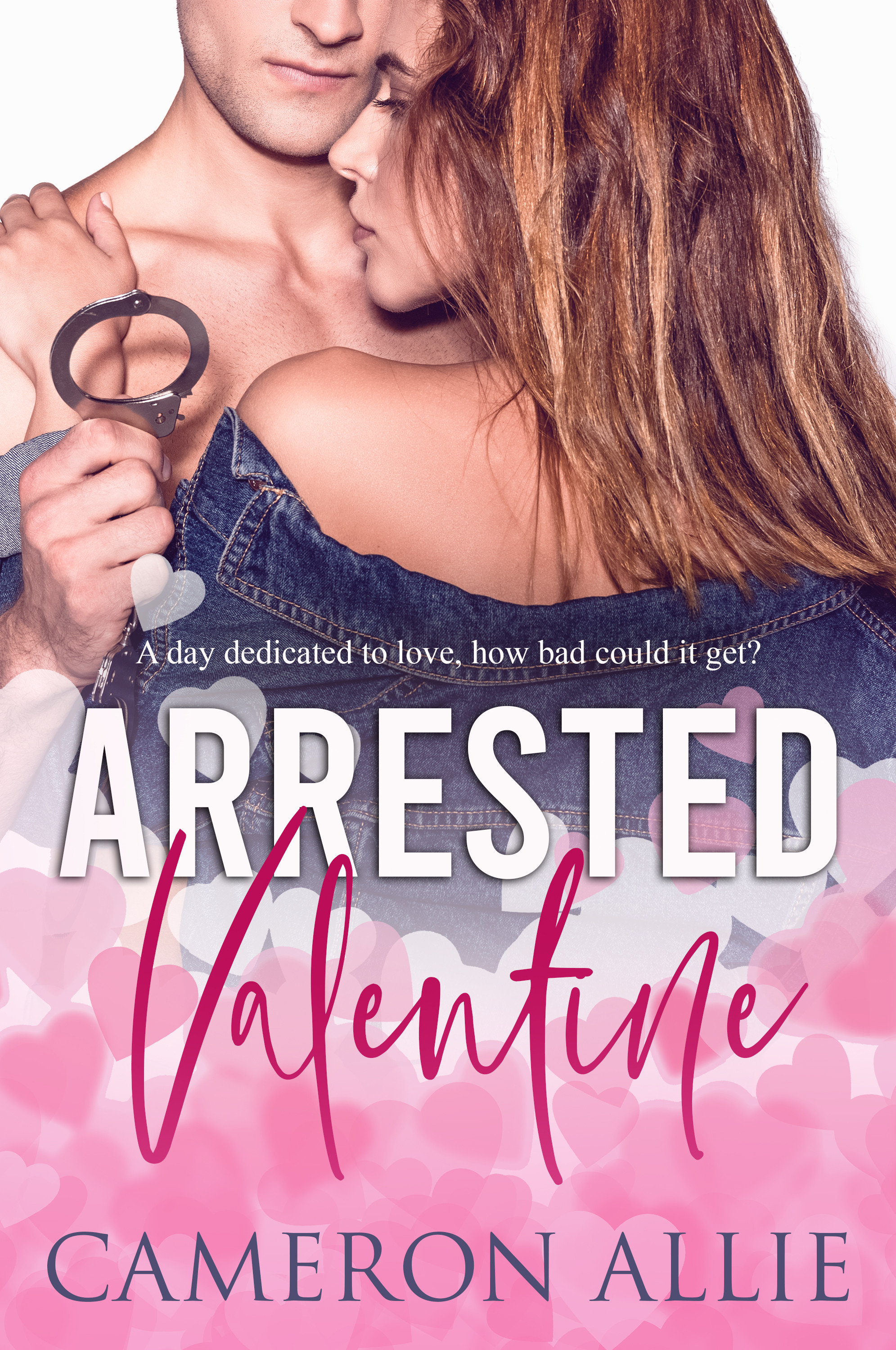
Each Wednesday I host a different author on my blog (#AuthorSpotlight). They kindly answer a few questions about themselves, and give us a blurb or excerpt from one of their books. It gives us a chance to meet some new authors, and learn more about ones we already love.
Over the past several months those authors have been kind enough to leave us with some words of wisdom, things they’ve learned on their journey. Each author was asked to leave a few sentences about various topics, which I could then use to compile a list of tips.
This, the first one many to come, is a list of advice for new and aspiring authors.
20 Tips from 20 Authors
Today’s Topic: What is your best advice for aspiring authors?
Learn how to write deep third point of view. Once learned, you can break the rules. But once learned your writing will be so much smoother and the process so much easier.
Write what you want and don’t be concerned about trends—unless you *want* to write trends.
~Regina Kammer, Best Selling Author
Just do it. Too many new Authors spent way too much time talking about it. Just write and write and keep writing. Then spend the money and time to get a good editor, and beta readers and proof readers.
Seek out feedback. Hear what others have to say about your work, but then, pick and choose what to do with their advice. Ultimately, you know best, but that doesn’t mean you should write in a vacuum.
~Alexa Land, Best Selling Author of the First and Forever Series
Never give up. There will always be someone that will say no or have something negative to say. All that you need is that one yes.
Everyone says “persist”, which I truly believe is the single best thing you can do. But I also think it’s important to celebrate the tiny wins, from getting the first like on your Facebook Page, to getting your first newsletter subscriber. Recognize that you’re doing something challenging and give yourself frequent pats on the back. And chocolate.
Finish. Finish your work in process. It can’t be judged as a whole if it is never completed, and if it isn’t completed, no one can tell you if you did it well. If it feels like a short story, make it a short story. If it feels like a novel, make it a novel. Tell the story that your characters need you to tell and find a home for it later.
 If you really want to do it – do it! No one can do it for you and you need to sit down and pick something to start with. I teach writing workshops and I hear people tell me all the time that they want to write, but they have a hard time sitting down and just getting started. I help them find their motivation to start, and take a look at their reasons they don’t keep going. Often we tell ourselves that we are not good enough, but really I believe it’s because people do not believe in the power of their own voice. Everyone has a story to tell, and I want people to believe their story is worth it.
If you really want to do it – do it! No one can do it for you and you need to sit down and pick something to start with. I teach writing workshops and I hear people tell me all the time that they want to write, but they have a hard time sitting down and just getting started. I help them find their motivation to start, and take a look at their reasons they don’t keep going. Often we tell ourselves that we are not good enough, but really I believe it’s because people do not believe in the power of their own voice. Everyone has a story to tell, and I want people to believe their story is worth it.
~ Kellie Kamryn, Award Winning Author
Keep a journal. Write in it for at least 20 minutes each day.
Never give up and never let anyone tell you that you can’t do it. Go directly to publishing houses, but always make sure that your manuscript is in as good a condition as you can possibly make it.
It’s hard for me to answer because I still feel like I am an aspiring writer, and probably always will. I may not know exactly what it takes to be successful at writing, but I can tell you what not to do. The young adult market is in dyer need of a renaissance. There was a time when that was all I read. Then, one day, I realized I could open any book in that genre, and know exactly what most of it was going to contain within the first few pages. If you’re going to do Y.A., no plots about a girl who falls in love with a sexy, paranormal being. No plot about an outcast girl who tries to become popular or overthrow the popular crowd. I’m tired of Mean Girls and Twilight stories being repeated over and over again.
My second tip is what you like to read isn’t always going to be what you’re good at writing. The first manuscript I tried pitching was a young adult novel, because I wanted to fix the genre. Turns out I missed the mark. A publisher pointed out that, though my characters were teens, I had inadvertently written an adult novel. Aw well.
Less is more. Be brutal when you self-edit. Mark Twain always said the success of a book isn’t based on what’s in it, but what’s left out of it!
Write! It’s simple and sounds silly. But it’s Sound advice. That’s what my writing teachers stressed and for good reason. You could spend your entire life reading books on “How to write,” and never get a word down. Practice makes perfect.
 Read in the genres you’d like to try, and edit as you read. Writing is actually *editing* and this is where authors struggle. Many get to that point and walk away. Get the work out — it doesn’t have to be pretty. The real work is in how you’d improve the story as you tell it, after you get it written. So as you read any other fiction, think and take notes about how you could make the story you’re reading better. This puts you in the right sort of skillset for the work you’d like to do.
Read in the genres you’d like to try, and edit as you read. Writing is actually *editing* and this is where authors struggle. Many get to that point and walk away. Get the work out — it doesn’t have to be pretty. The real work is in how you’d improve the story as you tell it, after you get it written. So as you read any other fiction, think and take notes about how you could make the story you’re reading better. This puts you in the right sort of skillset for the work you’d like to do.
“Give yourself permission to write crap.” ~Candace Havens
~Dena Garson, Award Winning Author
My best advice: read. Keep reading. Read everything, not just your genre. Critique/judge others’ work; you learn a lot about your own writing by seeing issues—good or bad—in others’ work.
~Judi Fennell, Best Selling Author
Write every day, even if it’s only a paragraph or two. Take a notepad with you wherever you go, because you never know when inspiration will strike. Also keep a notepad by your bed, and if your brain tells you there’s no need to roll over and jot down that thought you’ve just had, don’t you believe it, because no matter what your brain promises, you won’t remember it come the next morning.
Don’t get hung up on the outline. Start writing. The characters will show you what will happen.
Writing is like learning to play the guitar. You don’t just pick up an instrument and play “Stairway to Heaven” right off the bat. It takes practice and patience. Even books you don’t publish are invaluable practice.
~Angela Knight, New York Times Best Selling Author
Never stop writing. But most importantly never stop reading. Don’t listen to the people who tell you that you can’t, be one of those people who believe that they can.
What if they said that out loud?
Often our characters mimic ourselves – too shy or embarrassed to say what they’re really thinking. Make your character more active by vocalizing that scandalous thought. It will make your character the most interesting person in the room and create a more active scene.
Other tips:
Turn off your devices and write. Put down the synonyms list and just write. The best way to write is just to do it.
Freedom software. Period. None of my books would be complete without it.
I heard this at a conference…
Writing is like making an omelet. You decide the tools and ingredients to use. Don’t let anyone force you to do it one specific way.

